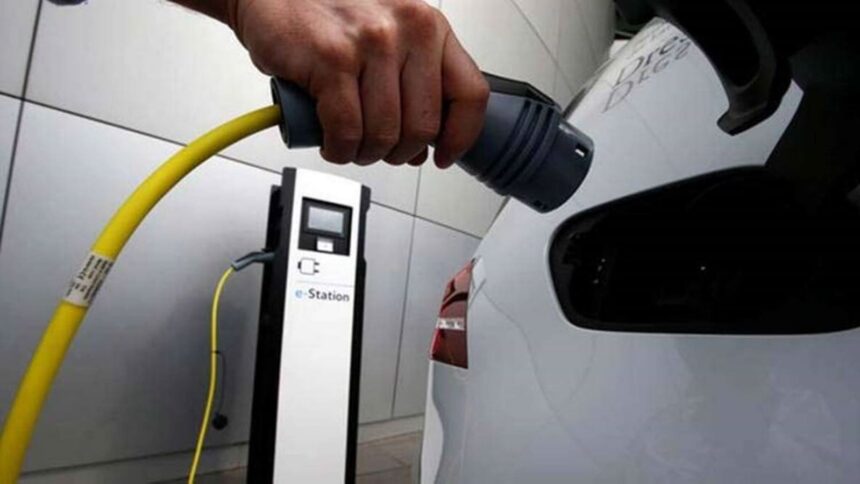New restrictions on , as a direct response to US imposing tariffs that kicked in from April 4, are beginning to impact automakers across the world, including electric vehicle manufacturers in India.
EV makers here are staring at a potential shortage of the critical components, which raises concerns of price hikes and production delays in a nascent, cost-sensitive segment of the auto market.
The Indian car industry is learnt to have initiated a conversation with the government to smoothen the process for procuring the rare earth magnets from Beijing. While the Chinese government has not imposed an outright ban on the export of rare earth magnets—a crucial element in making EVs—the process has been made very difficult causing protracted delays and posing shortage risks.
Rare earth magnets, especially neodymium-iron-boron (NdFeB) magnets, are crucial for EV manufacturing, particularly in electric motors. They provide the strong magnetic fields needed for efficient and powerful electric motors, including traction motors that drive EVs. These magnets also play a major role in other EV components like power steering systems, wiper motors, and braking systems. China has a near monopoly over these rare earth magnets.
A senior executive from the Indian car industry told that importers are now required to give their Chinese suppliers an undertaking that the rare earth magnets procured from that country would only be used in vehicles and not for defence or military applications.
“What’s making the process more cumbersome is that the Chinese side is also insisting that local governments issue an endorsement for their importers. In our case, that would be the Director General of Foreign Trade (DGFT), which will have to endorse each importer separately. A separate authorisation must also be sought from the Chinese Embassy,” the executive said on condition of anonymity. “We are talking to the government about how the process can be made better, because it is clear that the industry would need their help.”
“We are also looking at sourcing rare earth magnets from alternate sources, but China is really the leader in the field. It could take some time,” a second executive said. Queries sent to the Ministry of Heavy Industries and DGFT did not elicit a response.
Over the past month or so, Indian carmakers are learnt to have used up inventories and the shortage is likely going forward.
Worrying still is a fresh insistence from Beijing that instead of sourcing magnets separately, carmakers buy entire electric motor assemblies from Chinese companies, or simply wait for the Chinese authorities to issue export permits to local rare earth magnet producers, as has been done, according to Reuters, for at least four magnet producers that include suppliers to Volkswagen – the first granted since Beijing restricted shipments last month.
The German carmaker is said to have lobbied hard with Beijing to get this done.
Rare earth magnets provide the strong magnetic fields needed for efficient and powerful electric motors, including traction motors that drive EVs. The magnets also play a major role in other EV components like power steering systems, wiper motors, and braking systems. China dominates their market.
The problem with sourcing entire motors, as against just the magnets in them, is that carmakers would have to redesign their cars to accommodate the entire motor assembly, which comes in standard sizes. The ability to import magnets meant that manufacturers could calibrate the motor sizes to the design of their vehicles.
While the availability of rare earth metals is not limited to China, it is in the efficient processing of these critical elements where Beijing has a substantial lead, which was once enjoyed by the US and Japan.
In recent years, Japan has been able to restart some of its minerals’ processing industry owing to government policies, but countries like the US and India are heavily dependent on Chinese exports of these metals.
In response to the US administration’s reciprocal tariff heat, China restricted exports of seven heavy rare earth metals including samarium, gadolinium, terbium, dysprosium, lutetium, scandium, and yttrium, as well as rare earth magnets,
Earlier, it had also banned exports to the US of gallium, germanium, antimony, and other key high-tech materials with potential military applications.
It is not clear if the recent thaw in US-China trade talks, including a pause, is going to affect these supplies.








